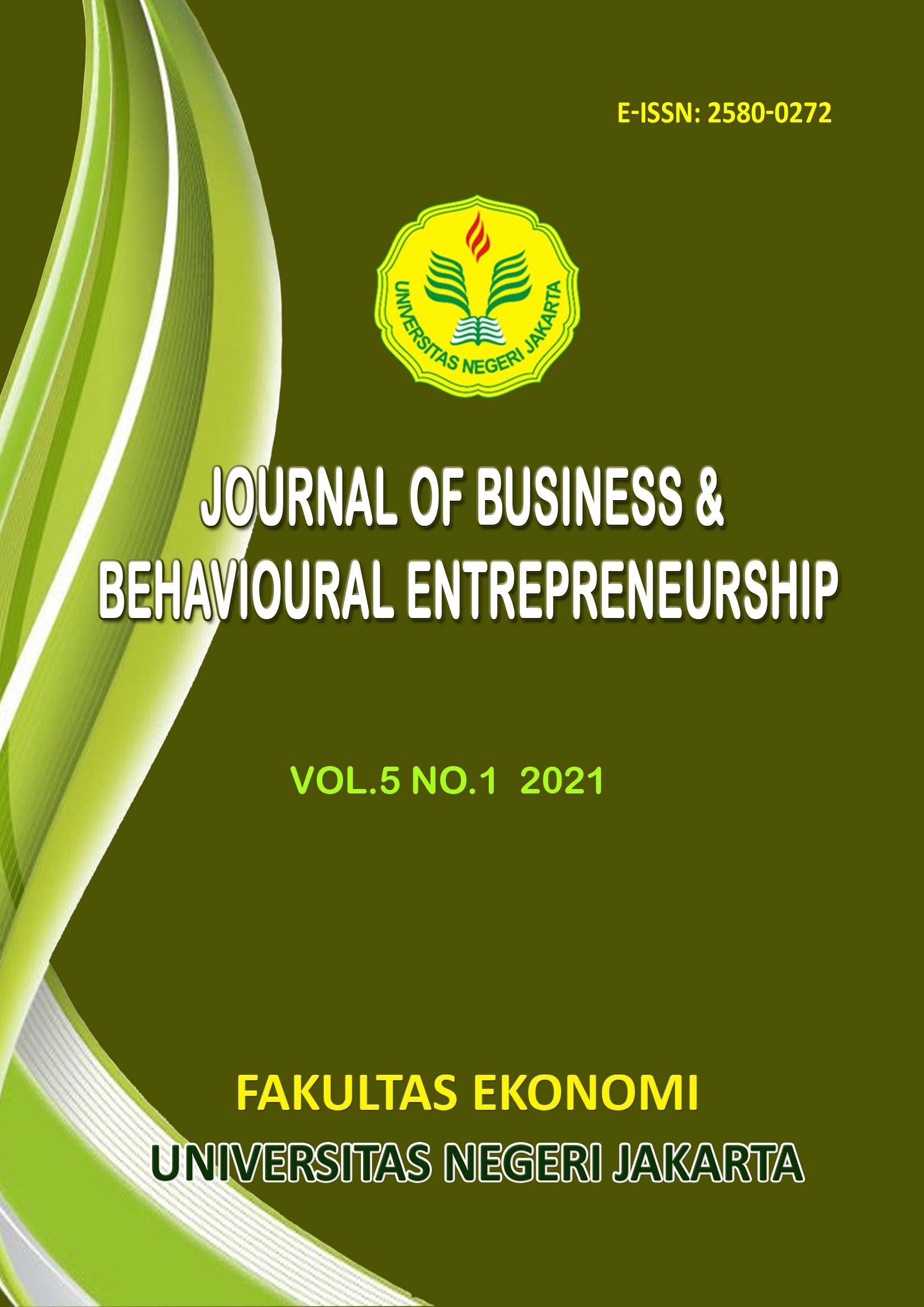Effectiveness of Entrepreneurship Education in Universities
DOI:
https://doi.org/10.21009/JOBBE.005.1.03Keywords:
Entrepreneurship Education, Universities, Systematic Assessment Quantitative Technique (SQAT).Abstract
The purpose of this study is to systematically review the recent publications in Entrepreneurship Education in Universities (EEU) by considering the key characteristics and contributions of the articles. The study employed the Systematic Assessment Quantitative Technique (SQAT) developed by Australian researchers, Catherine Pickering and Jason Antony Byrne to identify and analyze 60 peer-review EEU articles. The result showed that Europe, followed by Africa had the highest geographical spread of EEU articles and none in South America. A bulk number of the EEU research was empirically founded, implying conduct of more conceptual studies as to provide clearer understanding of new norms and fundamental issues in EEU. Significantly, most of the articles revealed positive impacts of EEU on learning outcomes, although more on short term impacts. Therefore, this calls for more long term impact researches to corroborate the assumption that EEU produces entrepreneurial graduates that contribute to economic growth. Furthermore, methods of data collection for most of the EEU articles were through survey, multiplicity in methods of data collection should be encouraged in future EEU researches as to gain more insightful results of the studied and related issues in EEU.









